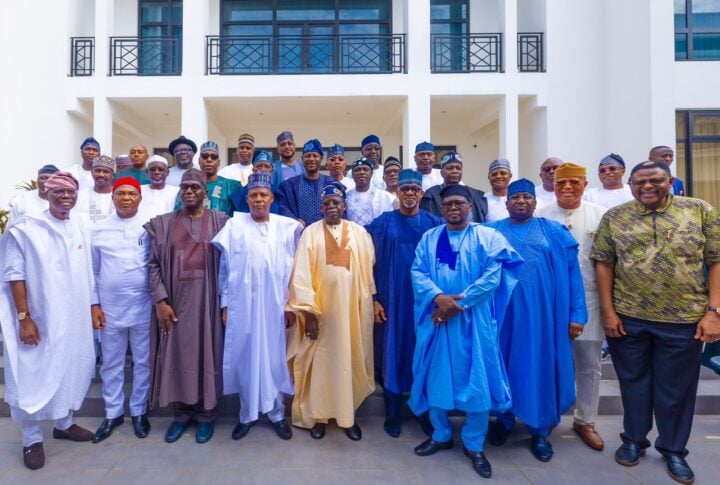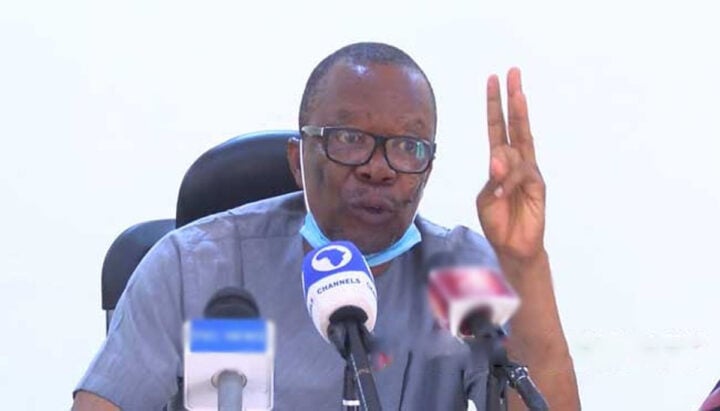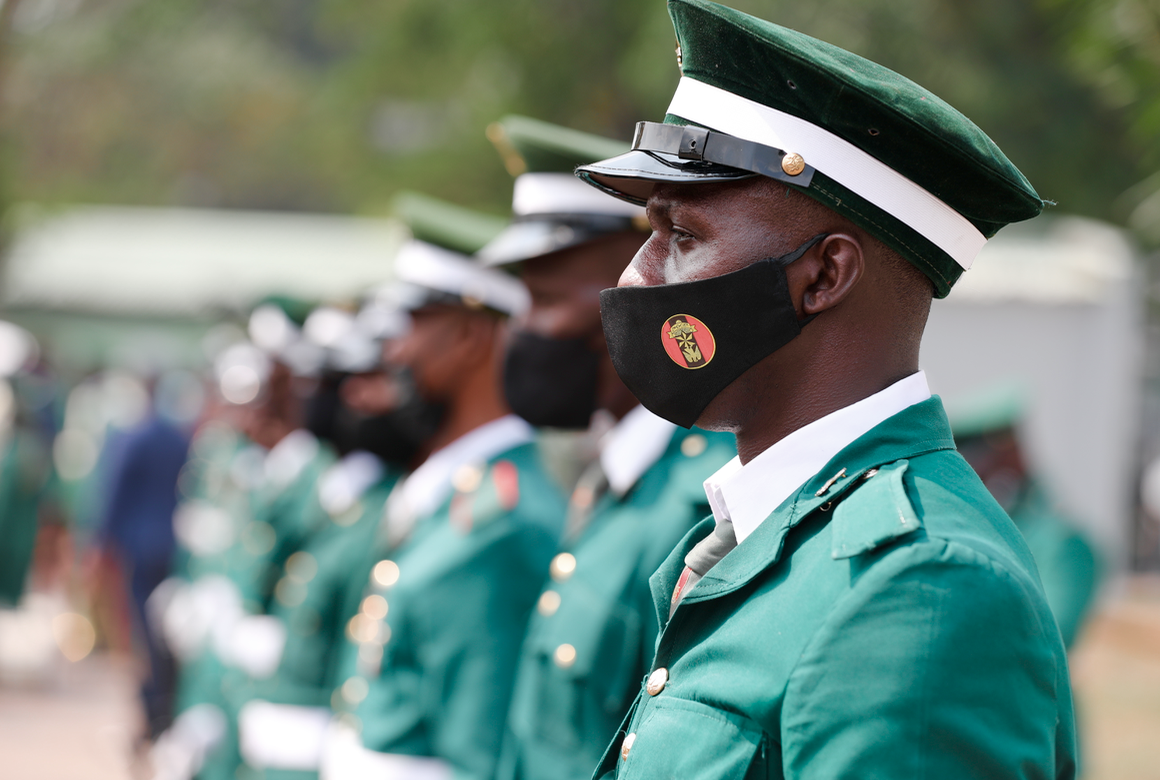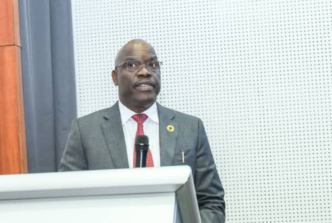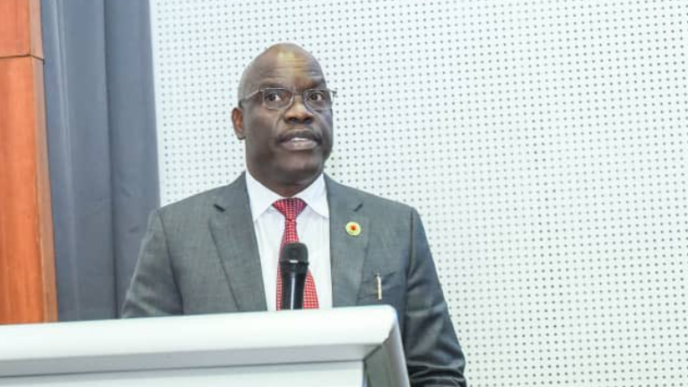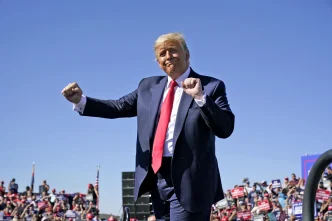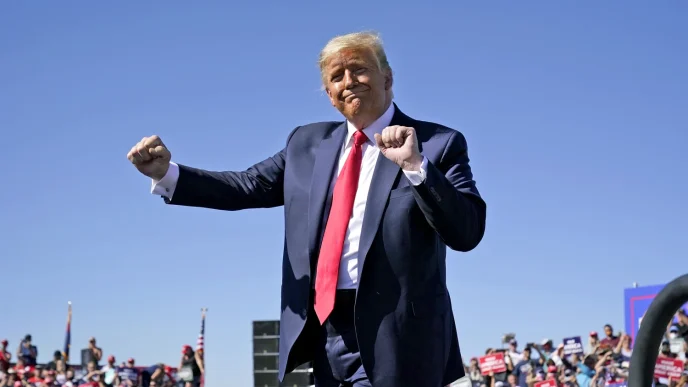I am an unrepentant apostle of telecom tariff hike. Some guys will nearly put my head on a chopping board for this, as it looks almost surreal for anybody in his right senses to advocate for an upward cost review of products and services at a time so many people are being pushed into multidimensional poverty by an economy that has resisted every jab to return it to good health.
I will be a little selfish here. Having enjoyed GSM services since 2001 when the technology hit the nation with coordinated frenzy, I do not want to return to a world without phones or where services could be poorer than they are now. My little knowledge of the industry continues to warn that things are going on a downward spiral and except urgent measures were taken to stem the fall, it is possible to return to that state of nothingness where mobile phones will become history. Just like NITEL.
God forbid. Yes. We pray sometimes when God has given us the capacity to resolve problems even by just learning from other nations of the world who conquered such problems decades ago. Building an effective telecommunications sector cannot be classified as rocket science.
Plus the selfish dread of returning to a world without phones, was the realisation that the push for a digital economy which has become so psychedelic in Nigeria cannot happen without a robust telecommunications industry. The process will at best be likened to that of a dreamer who is trying to build a skyscraper without a reasonable foundation. A utopian freak you may call him. The truth here is that a digital economy must ride on a robust telecommunications sector. Digital economy is about connectivity which telecommunications provide. My village sense teaches me that the sector must have enough blood in the system to be able to cater for the worries of others. If truth be told, network quality has been declining at such a rate that we didn’t need a soothsayer to foretell the future of the industry.
Advertisement
The service providers had a basket of complaints – a troubled economy, volatile exchange rate, soaring cost of diesel to power generators at the base stations, inflation that remains stratospheric and sundry other issues that make business a nightmare in our world even when we live in denial and build utopian scenarios. However, their most pungent observations were the industry tariffs that have remained the same for over a decade even when prices of other products and services have more than doubled or tripled within the period.
For me, tariffs remain the low hanging fruits provided by the operators for the government to begin to resolve the issues of the sector and I was and still of the opinion that the government needed to have done something long ago, at least to keep the ordinary fellows connected to their people in other parts of the country or even other parts of the world while allowing the operators to enjoy a whiff of relief.
It was good to hear last week that the Tinubu administration was ready to grant a tariff hike but that information, served by Dr Bosu Tijani, Minister of Communications and Digital Economy, further caused me a lot of sadness, quite ironically.
Advertisement
Rising from a stakeholders meeting with Mobile Network Operators (MNOs) last Wednesday, the Minister said: “You have seen over the past weeks that there has been agitation from some of these companies to increase tariff. They are requesting for a 100 percent tariff increase. But it will not be 100 percent. We are still looking at that study and NCC will come up with a clear directive on how we will go about it.”
So innocently put. I am sure the operators will be enjoying some level of comfort and expectation at the moment. But let me state here what is wrong. Tariff regulation remains in the purview of the NCC and not the Minister who is the head of the ministry. The Minister should only be concerned about policy issues and not the tiny details of daily industry regulation.
This is stated under the Functions of the Minister in Section 23 of the Nigerian Communications Act 2003, the first of which is “the formulation, determination and monitoring, of the general policy for the communications sector in Nigeria with a view to ensuring, amongst others, the utilisation of the sector as a platform for the economic and social development of Nigeria.”
Section 25 (2) is also very clear about the relationship between the Minister and the Commission, wherein it states that, “In the execution of his functions and relationship with the Commission, the Minister shall at all times ensure that the independence of the Commission, in regard to the discharge of its functions and operations under the Act, is protected and not compromised in any manner whatsoever.”
Advertisement
The regulator lost its independence under the Buhari administration and was also highly compromised. The Minister, Dr Isa Pantami, working with a pliant regulator, approximated by Prof Umar Danbatta, usurped the decision taking process of the Commission in a most unbridled manner. In a classic case of regulatory capture, the NCC became helpless and the industry suffered even more.
The regulator and industry are yet to recover from such capture. What happened in the past shouldn’t be a new normal. It was a grotesque travesty of regulation that didn’t portray our nation well. Dr Tijani shouldn’t go on that track that wasn’t good. This writer was informed that some regulatory decisions by the Commission under this administration were put on ice by the Minister who, from findings also, doesn’t enjoy so much love from some workers at the Ministry. Let me inform him voluntarily too that the industry also holds him in suspicion although respect for his office may not allow this to be noticeable.
In plain speaking, the government shouldn’t be seen fixing tariffs for telecommunications, just as it cannot fix prices for diesel, petrol or even air tickets. I have been reliably informed that the NCC is engaged in a number of cost based studies that will help it arrive on reasonable tariffs very soon. The Minister alluded to this. But it will be much healthier for the industry and the entire business ecosystem for the government to keep away from regulatory activities in order to boost the confidence of those who want to invest in a free economy.
The Minister also said something profound. “I think what the world is talking about today is meaningful connectivity. You want to have access to very good quality service,” he noted.
Advertisement
He couldn’t be more correct. Connectivity can be helped by the Minister’s policy decisions. Some decisions had been taken in the past that petered out or painfully grew into pecuniary benefits for a few.
There were programmes designed to accommodate the underserved areas of this country, just the same way such far flung communities are connected in other parts of the world. For instance, what has the Universal Service Provision Fund (USPF) been doing lately? How many communities has the Fund affected in the preceding years?
Advertisement
In fact, I think the first connectivity we need should happen between the Minister and the regulator on one hand, before the industry on the other. There is so much that should be happening between them in order to create the kind of telecommunications infrastructure that is able to shoulder a digital economy.
Advertisement
Views expressed by contributors are strictly personal and not of TheCable.



